The Deadly Rain Porn Moviefirst seeds of SpaceX's Starlink project will soon be planted.
On Saturday, Elon Musk tweeted out a photo of 60 satellites loaded into the fairing, or nose cone, of his company's Falcon rocket. The hardware represents a first step toward completing Starlink, an eventual satellite constellation that will beam high-speed internet down to Earth from space.
The fairing is the same one that carried a Tesla Roadster into space in 2018. Musk included a photo of that as well, just to give his followers a better sense of scale. Where the Roadster barely filled up the bottom portion of the fairing's interior, the satellites look positively crammed in.
This Tweet is currently unavailable. It might be loading or has been removed.
This first set of satellites is expected to take to the skies in the coming days, perhaps as early as Wednesday. Musk warned that there might be issues since this is the first proper Starlink mission following an early 2018 launch that sent two demo satellites skyward.
But there are also many more launches to come. Starlink will ultimately depend on a network consisting of thousands of satellites, but even in its earlier form the eventual constellation will require multiple launches before it's partially operational.
This Tweet is currently unavailable. It might be loading or has been removed.
The dream of high-speed internet delivered from space may be realized by Starlink, but it's going to take a lot of work. SpaceX plans -- and has received Federal Communications Commission approval -- to send almost 12,000 satellites into low orbit where they'll split into three orbital shell-encased clusters arrayed around Earth.
SEE ALSO: SpaceX just blasted a critical NASA instrument into spaceWhile the long-term project shows great promise, it's also not without risks. Sending that much hardware into orbit -- each fuel-carrying satellite weighs around 900 pounds -- adds to an already risky accumulation of space junk in the immediate vicinity of Earth.
UPDATE: May 13, 2019, 8:26 a.m. EDT An earlier version of this story incorrectly referred to the federal agency that granted Starlink approval as the Federal Trade Commission. It is actually the Federal Communications Commission.
(Editor: {typename type="name"/})
 I Hate Pizzagate!
I Hate Pizzagate!
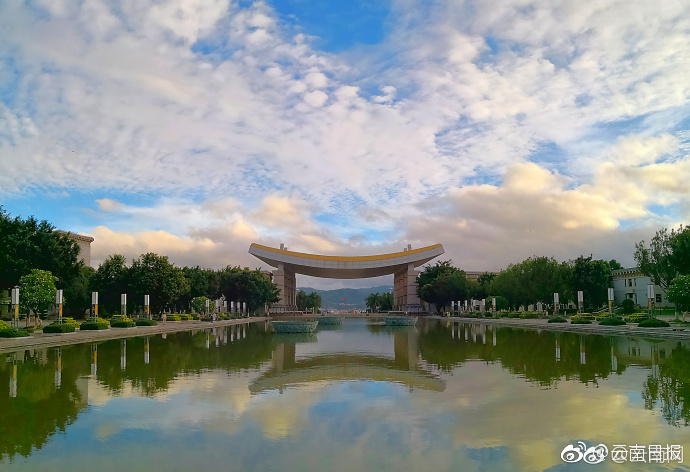 Wordle today: Here's the answer, hints for September 17
Wordle today: Here's the answer, hints for September 17
 Want better sex? Start by learning your desire style.
Want better sex? Start by learning your desire style.
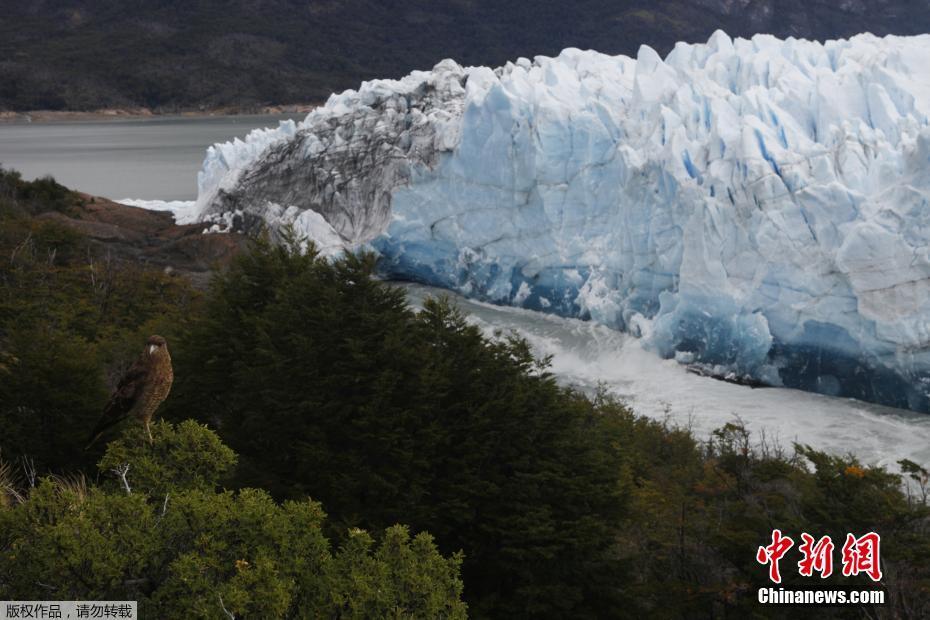 Wordle today: Here's the answer, hints for September 19
Wordle today: Here's the answer, hints for September 19
 Divining Comedy
Divining Comedy
 Alienated
...[Details]
Alienated
...[Details]
Remembering some of John Dingell's greatest moments on Twitter
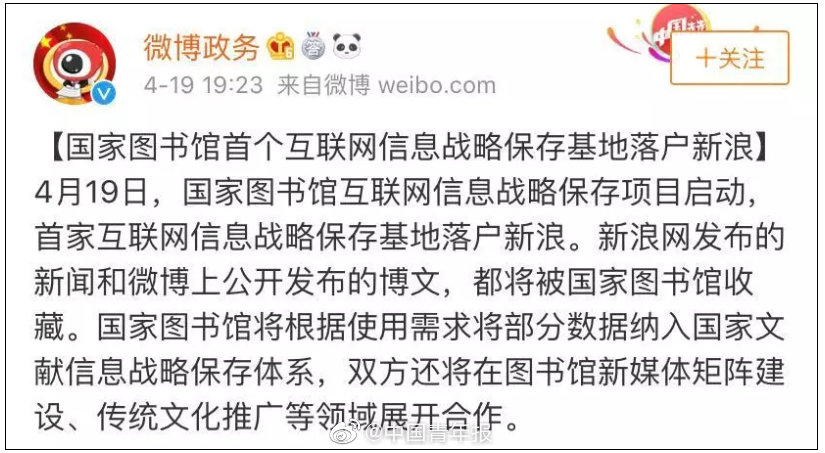 John Dingell, the longest serving congressman in U.S. history, died on Thursday at the age of 92, su
...[Details]
John Dingell, the longest serving congressman in U.S. history, died on Thursday at the age of 92, su
...[Details]
This queue tracker to see the Queen lying in state shows a miles
 Following the death of Queen Elizabeth II at the age of 96 last Thursday, a number of cogs began tur
...[Details]
Following the death of Queen Elizabeth II at the age of 96 last Thursday, a number of cogs began tur
...[Details]
US Customs agents have been seizing Americans' phone data unchecked for 15 years
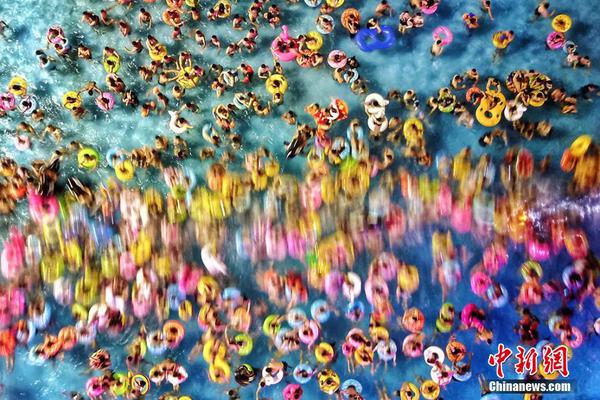 It's a known fact to anyone who has traveled outside the country that U.S. Customs and Border Protec
...[Details]
It's a known fact to anyone who has traveled outside the country that U.S. Customs and Border Protec
...[Details]
 Adéwálé Májà-Pearce ,November 27, 2020 De
...[Details]
Adéwálé Májà-Pearce ,November 27, 2020 De
...[Details]
'Defunctland' offers a fascinating exploration of the death of amusement park rides
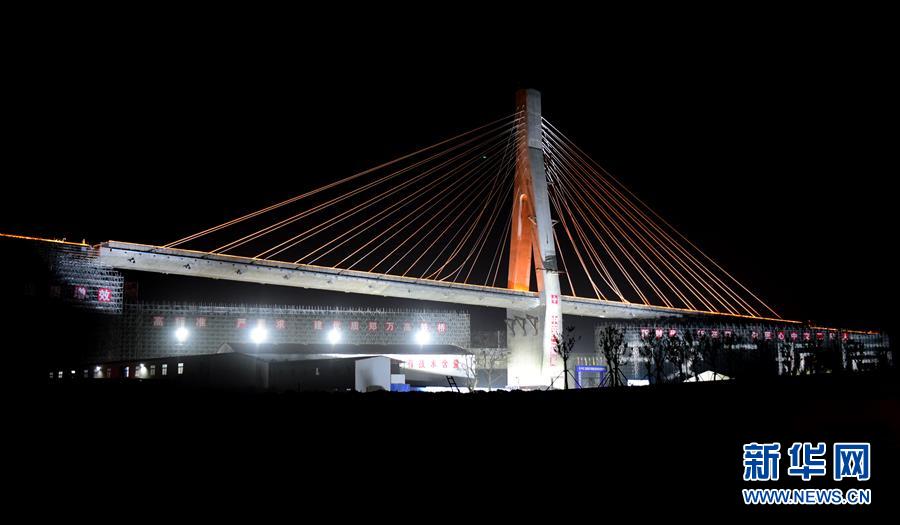 An Ode to... is a weekly column where we share the stuff we're really into in hopes that you'll be r
...[Details]
An Ode to... is a weekly column where we share the stuff we're really into in hopes that you'll be r
...[Details]
Most watched TV and movies of the week (Sept 17): Fantasy rules
 So,what's everyone been watchingthis week? Hmmmm?Just to get a sense of what everyone's streaming, w
...[Details]
So,what's everyone been watchingthis week? Hmmmm?Just to get a sense of what everyone's streaming, w
...[Details]
Instacart ends its shady tipping policy after worker and user outrage
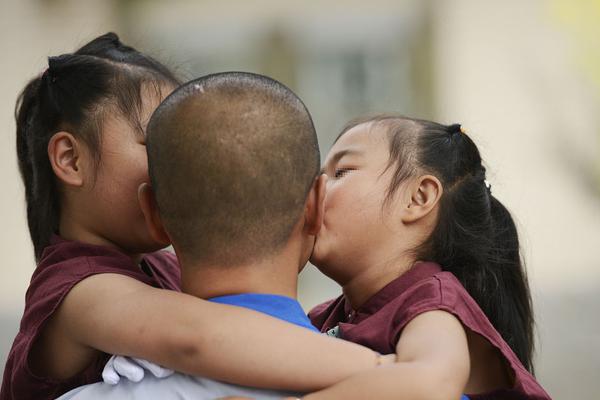 Internet outrage might feel tiresome sometimes, but it can also be a force for good. The grocery and
...[Details]
Internet outrage might feel tiresome sometimes, but it can also be a force for good. The grocery and
...[Details]
 Chris Gelardi ,March 27, 2020 Amnesiac War
...[Details]
Chris Gelardi ,March 27, 2020 Amnesiac War
...[Details]
This queue tracker to see the Queen lying in state shows a miles
 Following the death of Queen Elizabeth II at the age of 96 last Thursday, a number of cogs began tur
...[Details]
Following the death of Queen Elizabeth II at the age of 96 last Thursday, a number of cogs began tur
...[Details]
接受PR>=1、BR>=1,流量相当,内容相关类链接。